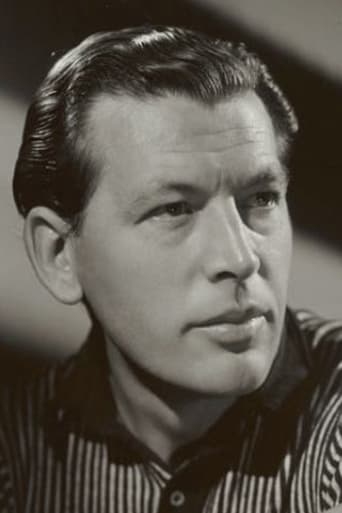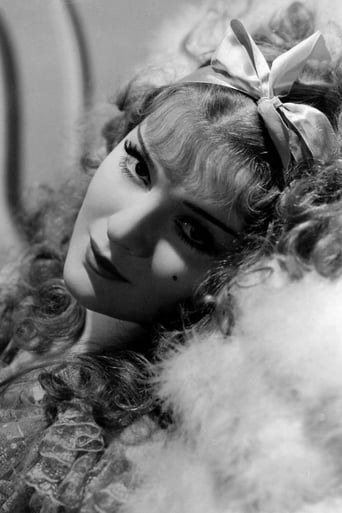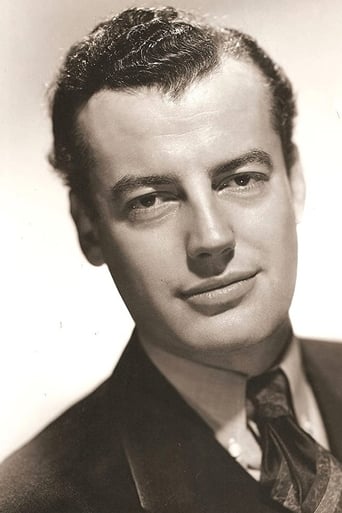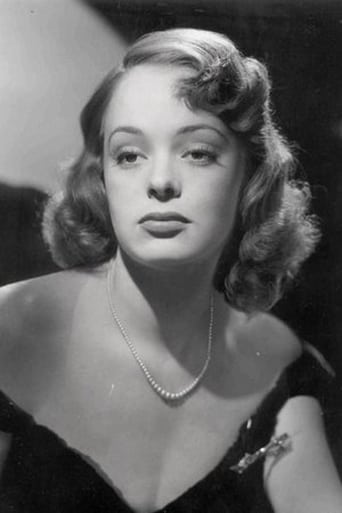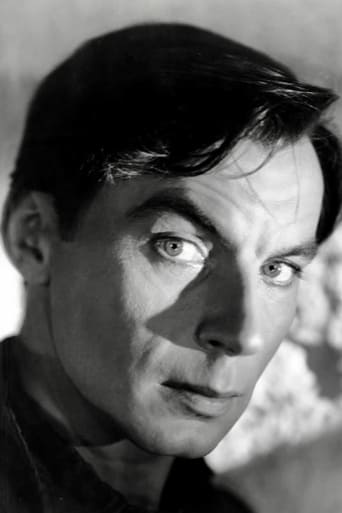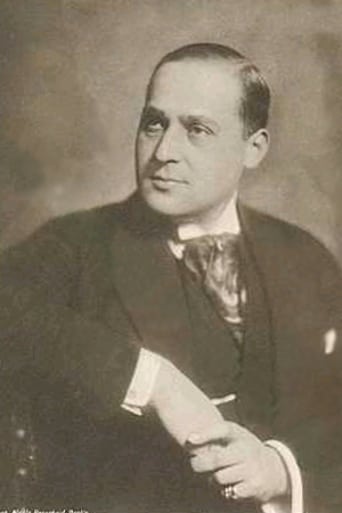milosdimic
This is a story about a man, who ran the first resistance in Europe. A man that later on will be deserted by all of his allies because he had put national interest before any other. True Serbian hero, fighting and dying for his country and democratic cause. Yes, he was fighting against Communists, Nazis and Ustashe (croatians who performed the most monstrous genocide against Serbians). He did fought together with Italians in Dalmatia to protect Serbian population, but never on the same side with Germans. There were some divisions of Chetniks that did fight along with Germans but they were not under his command (Kosta Pecanac). During the II WW, he received a medal from president Truman for his "fight for democratic cause and freedom". After the war, because of the political games run by Soviets and English, his movement lost the support from the allies and he was left alone to fight against the enemies. His movement saved from certain death so many American airmen, and they wanted to save him, realizing that he would get murdered but he refused saying :"This is my country, i would die in my country". Anyway, president of the USA and survived American pilots did not forget him building a monument in his honor after the war.
ajibilian
I saw the movie just before going into service, little dreaming that I would see Gen. Draja Mihailovich in person. It is an excellent movie, well acted. I volunteered with the OSS (Office of Strategic Services) and parachuted into Mihailovich territory to rescue airmen shot down bombing the oilfields of Ploesti. The mission was called Operation Halyard and is depicted in the book, The Forgotten 500. The movie is an excellent depiction of the Serbs resistance to the German invasion. It has been a long time since I saw the movie and I have forgotten much of it, but, if you like adventure and romance, it has both. Today, there is much controversy surrounding Mihailoich, and this is an excellent source to get one viewpoint.
carlsavich
On January 11, 1943, Twentieth Century Fox released the movie Chetniks! The Fighting Guerrillas on the Serbian guerrilla movement headed by Draza Mihailovich in German-occupied Yugoslavia. The movie was a box office and critical success, starring Philip Dorn as Draza Mihailovich and Anna Sten as his wife. The movie was the Hollywood chronicle of the Chetnik resistance movement.Draza Mihailovich launched a resistance movement against the Nazi occupation forces of Yugoslavia in 1941. This was unprecedented and created a sensation in Europe and in America. In America, Draza Mihailovich became one of the most popular figures in the news. In the May 25, 1942 issue of Time Magazine, Mihailovich was on the cover under the heading, "Mihailovich: Yugoslavia's Unconquered." He was one of the major contenders for the title of Time's Man of the Year. As a result, in 1942, a Hollywood movie was made by a major studio, Twentieth-Century Fox, called Chetniks!—The Fighting Guerrillas which portrayed Draza Mihailovich and his forces as allies of the US. The film starred Dutch-born Philip Dorn as Draza Mihailovich. He played Papa Lars Hanson in the 1948 classic I Remember Mama, nominated for 5 Academy Awards. Russian-born Anna Sten, Samuel Goldwyn's answer to Greta Garbo, was his wife, Lubitca Mihailovitch. The movie was produced by Bryan Foy and Sol M. Wurtzel, who had been one of the top executives at William Fox's studio.The movie was directed by Louis King, a director best known for directing the My Friend Flicka sequels in the 1940s, Thunderhead—Son of Flicka (1945) and Green Grass of Wyoming (1948), which received an Academy Award nomination, the Bulldog Drummond series of films, Charlie Chan in Egypt (1935) with Warner Oland and Rita Hayworth, and a series of low budget B westerns in the 1920s and early 1930s, the most notable of which were made at Joseph P. Kennedy's Film Booking Offices of America movie studio (FBO) in the 1920s.The screenplay was written by Jack Andrews and Edward E. Paramore, Jr., based on the original story by Andrews. The movie was well-written, based on the facts of Draza Mihailovich's life. Andrews and Paramore are able to capture what motivates Mihailovich in the following dialogue from the movie: Lubitca Mihailovitch: The Germans say, "It is only a matter of time until we catch you!" Draja Mihailovitch: You don't believe that, do you? Lubitca: They're strong. They have so much.Draja: Yes, but we are stronger because we have something they never had: The will to be free. You see, our people don't like to be conquered. So they never will be.The film opens with a statement that the film is dedicated to Draza Mihailovich and the Serbian Chetnik guerrillas. In the opening scene, German bombers attack Yugoslavia and bomb Belgrade in 1941. German tanks and armored vehicles are shown invading and occupying Yugoslavia. Then Chetnik guerrillas are shown attacking German occupation troops and resisting the occupation by sabotage. A German officer who predicts an easy occupation and imminent conquest of Yugoslavia is shown being shot by Chetnik guerrillas.The movie takes place in the mountainous coastal city of Kotor in Montenegro. Draza Mihailovich and his Chetnik guerrillas are able to ambush and capture Italian occupation troops and officers. Mihailovich is portrayed as a real-life Zorro, who is able to outwit the Nazi war machine. A Gestapo officer, Col. Brockner, played by Martin Kosleck, is able to discover the identity of Mihailovich's two children, Mirko and Nada, and his wife, Lubitca. German forces then take them into custody to extort Mihailovich to surrender. The original musical score was by Hugo W. Friedhofer, who won the Academy Award for Best Musical Score for the classic World War II movie The Best Years of Our Lives (1946). Friedhofer had also been the musical arranger on Casablanca and Now, Voyager in 1942. The cinematography was by Glen MacWilliams. The film editing was by Alfred Day.The New York Times reviewed the movie favorably on March 19, 1943 after it was shown in New York at the Globe in a review by "T.M.P." (Thomas M. Pryor). The New York Times called the movie "splendidly acted" and that it had "the right spirit". Hal Erickson of All Movie Guide (AMG) reviewed the movie favorably as well, noting how Mihailovich was vindicated. Erickson wrote that the movie portrayed Mihailovich as "a selfless idealist, leading his resistance troops, known as the Chetniks, on one raid after another against the Germans during WWII."Chetniks! The Fighting Guerrillas was reviewed positively in the Los Angeles entertainment trade paper The Hollywood Reporter when released in 1943: "Seldom has Hollywood given attention to a motion picture that offered more stirring material than this first feature about a living military hero of World War II."In a review in the Chicago Daily Tribune on April 1, 1943, "Chetniks' Story Is Dramatically Told in Movie 'CHETNIKS'", Mae Tinee wrote: "This is a fiercely satisfying picture. We all know about the Chetniks, fighting guerrillas of JugoSlavia. We devour every word we can find to read about them--and a lot of us dream of them.... Now comes the movie ..."The film remains unavailable on DVD in the US in large part because the role of Mihailovich in World War II was rewritten and revised and falsified after the war. The movie is no longer politically correct.Chetniks! The Fighting Guerrillas documents and dramatizes a remarkable and unique moment in the history of World War II. It captures a special moment in time. This is a movie that deserves to be recognized as an important film of World War II.
Ljubisa Raimovic
Oh dear god. What Chehoslovakia!!?? Movie is about Yugoslavian history. I must first find him to tell something more about movie since I haven't look him. If you want to know more about Draza Mihajlovic the lieder of Serbian old army (by the way, they fight with Germans against Tito and partisans) go and search internet, You will learn much. Till the day now in Serbia is big 'talking' about who he was. Traitor or Hero. The big sorrow fact of this kind of Yugoslavian history is that it was civil war against Draza army and partisans in the same time when WWII had played on this territory. Imagine this. Family with two brothers, one brother go to Tito army, other go to Draza army. And they becomes enemies!?

